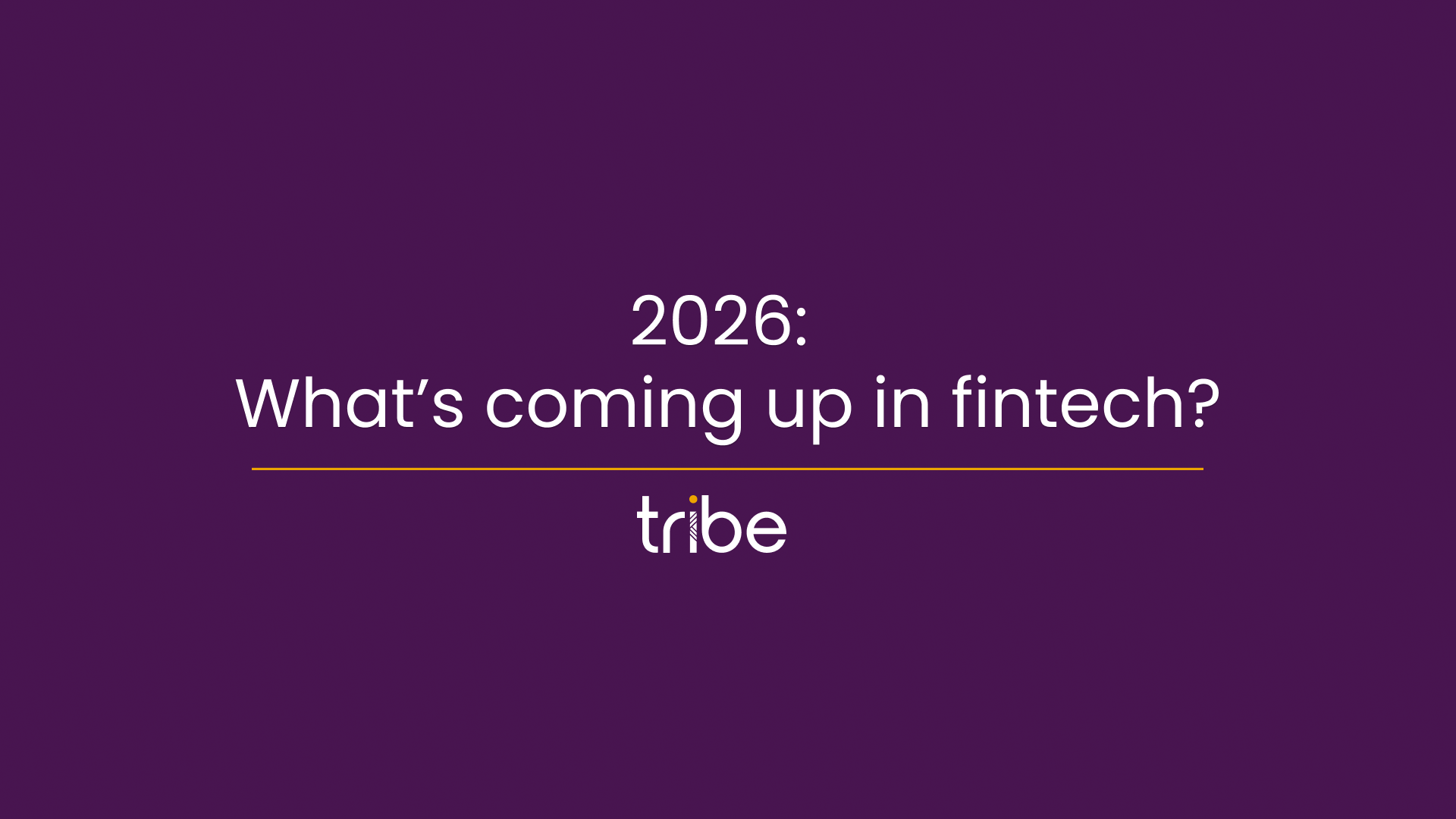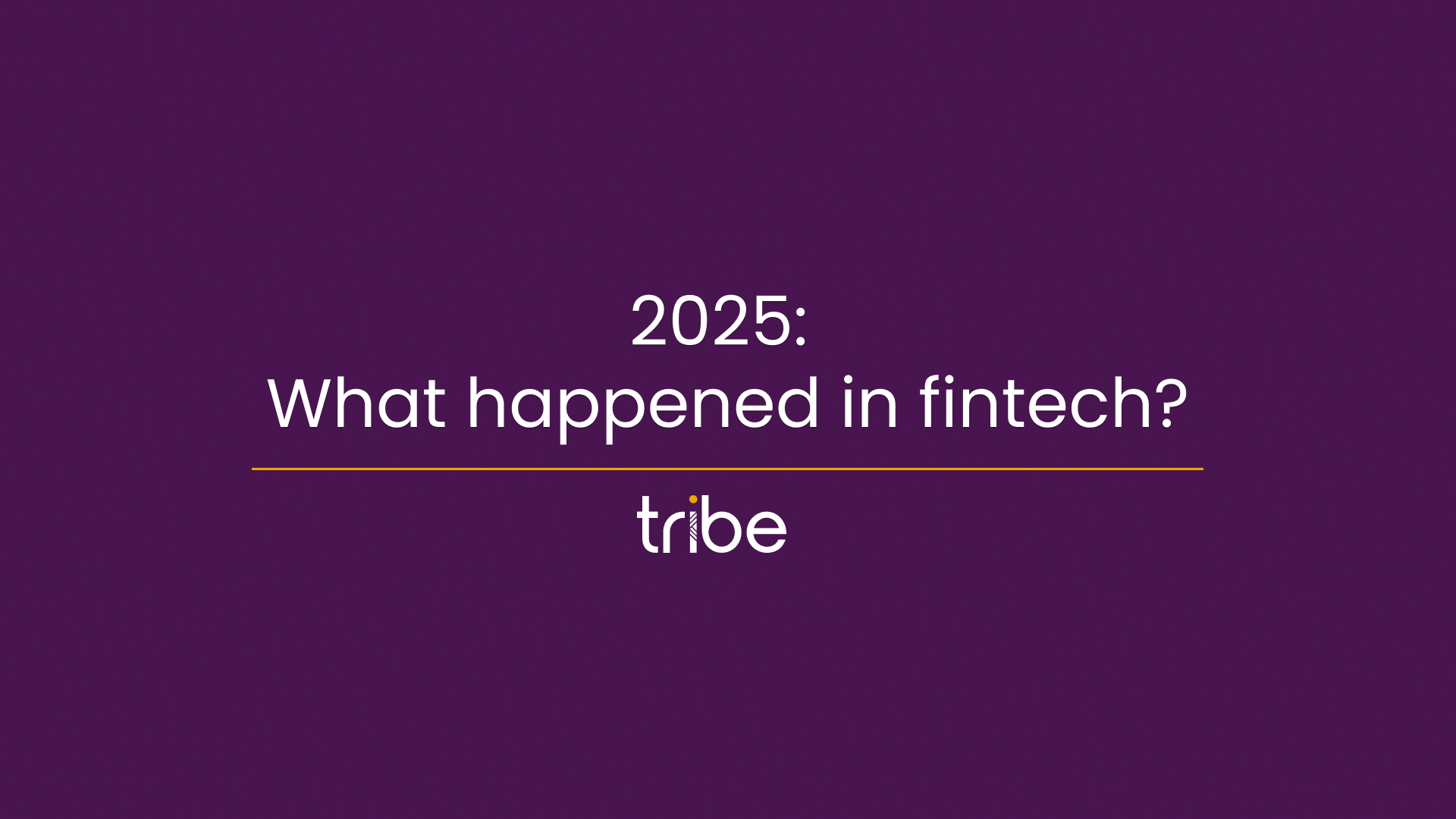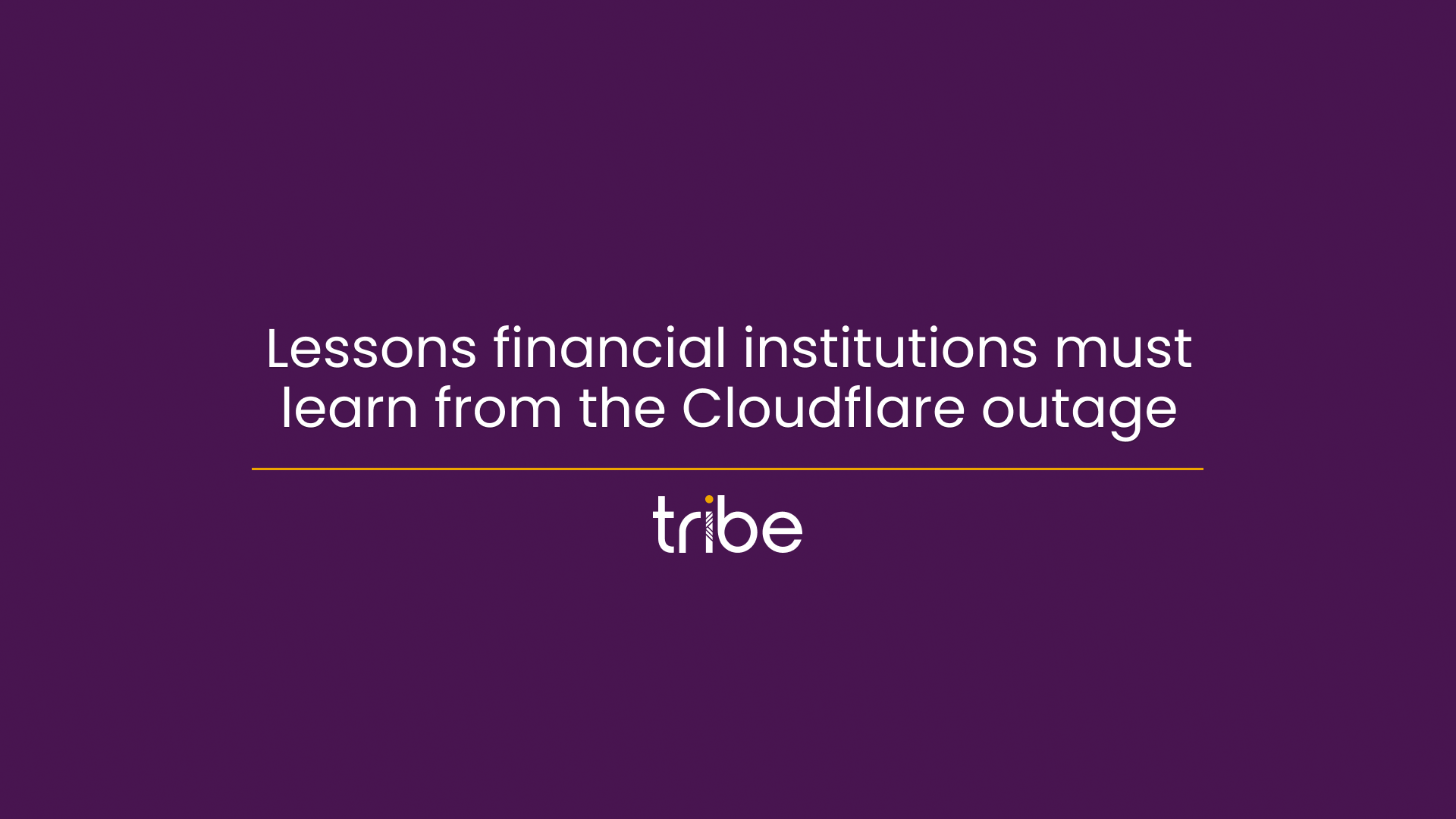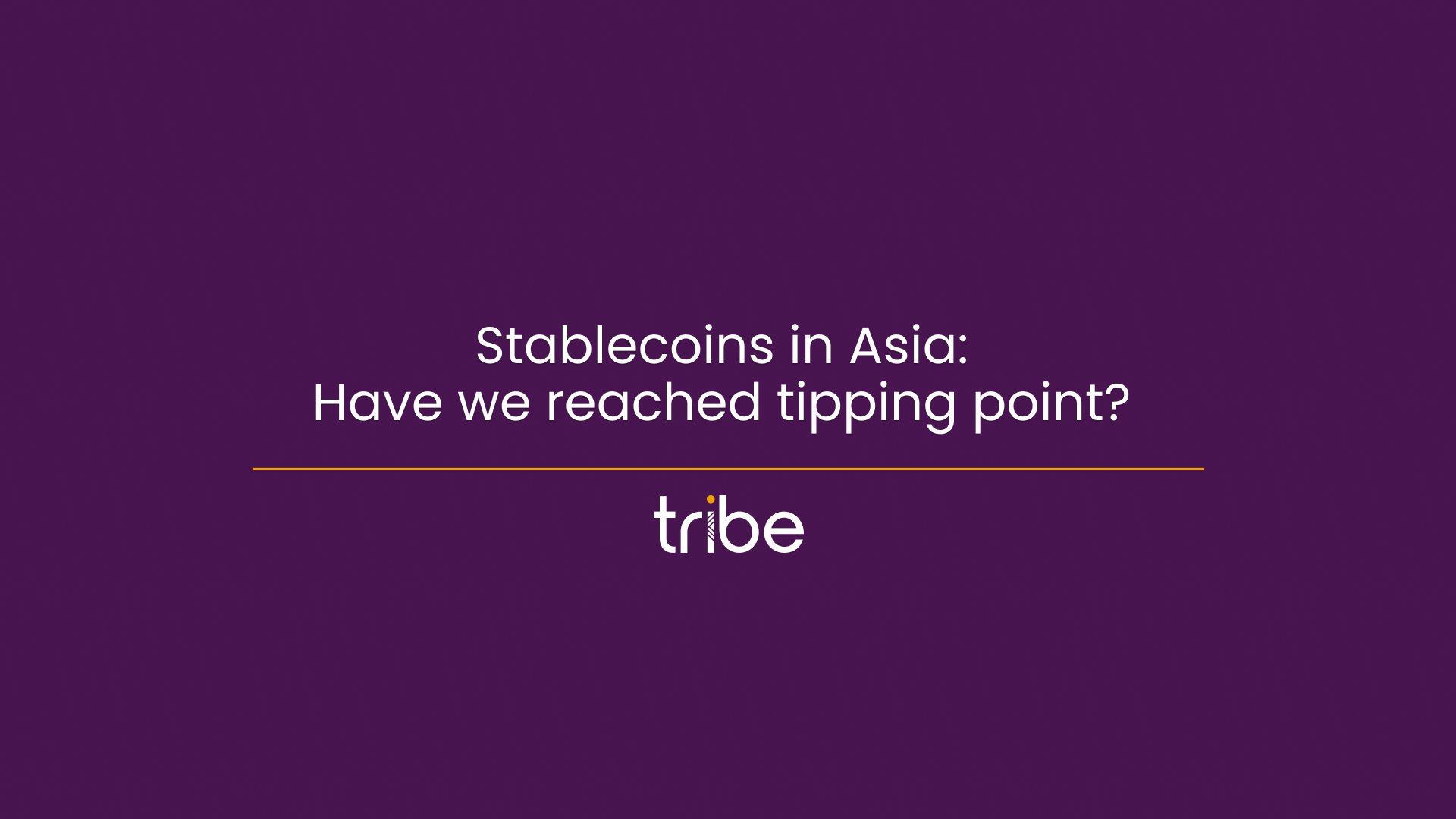Can direct debits survive in the digital world?
Back to Knowledge HubAre Faster Payments and VRPs the killer combination?
Direct debits (BACs) and CHAPS payments have long served a useful purpose, largely due to their high transaction limit. But this dynamic changed with the introduction of FasterPayments and the recent change in transaction limit from £250,000 to £1 million. This measure was taken to reflect demand from corporate customers and help provide greater choice in the market for organisations wishing to make higher-value payments.
It’s a big milestone moment for Faster Payments, which provide quicker and safer payments than direct debits. However, the really interesting knock-on effect of this is the potential of Variable Recurring Payments (VRPs) to build on this. VRPs can essentially use the Faster Payments or Open Banking rails to pull variable amounts from a nominated bank. Now that the transaction limit has been increased, VRPs may now have the potential to replace or subsidise the use cases that have kept BACs and CHAPs relevant.
“Something interesting that hasn’t been talked about much is the coexistence of Faster Payments and VRPs – and what this means for direct debits. Surely the very premise of a three-day payment cycle is very out of touch with today’s payments needs.”
Alex Reddish, MD, Tribe Payments
Explainer: What are Variable Recurring Payments (VRPs)? (From Open Banking)
A VRP will allow customers to safely connect authorised payments service providers to their bank account. Providers can then make a series of payments on a customer’s behalf within agreed parameters, offering more control and transparency than existing alternatives.
Consent for VRPs can also be easily managed, including in the following ways:
- Maximum value of any single transaction
- Limit on the number of transactions in a given period
- Total value of all transactions
Ultimately, the end customer will have much more control with VRPs than with standard direct debits. This is not a carte blanche agreement to withdraw funds - it’s a programmatic claim on a bank account that is ultimately controlled by the customer.
What do VRPs mean for merchants and customers?
From real-time settlements to cutting out card fraud, there are a range of benefits that VRP can bring to merchants – with other advantages including lower costs and no chargebacks. They could even support better customer loyalty by offering a lower friction payment method and better customer experience.
As well as offering customers more control, VRPs are more flexible, faster and more secure – both for the merchant and the customer - and, since they are linked to a bank account, they do not expire. It’s also worth noting that all of these advantages will only exaggerate over time as the technology becomes more widely adopted and the benefits over direct debits become more obvious.
Does this really signal the end of Direct Debits?
The short answer is no, or at least not yet. In their recent 600th anniversary episode of the Fintech Insider Podcast by 11:FS, they pondered what they may be discussing in their 6000th episode – to which one of the panellists quipped ‘when will cheques become obsolete?’
But the use of VRPs can serve to accelerate a reduction in the reliance and use of direct debits, even if – like cheques – they won’t totally be eradicated from the payments landscape.
If we were to take the term ‘direct debits’ at face value, it would probably best be described as an ‘accurate misnomer’. Confused? Let us explain. Yes, the payments are direct – but the technology is now severely outdated.
Direct debits are not instant. The first time they are processed, it can take several weeks to set up from the merchant side. Beyond that, every time a direct debit is processed, it takes up to three working days to clear since the technology works in cycles. In 2022, direct generally means ‘quickest’, and this clearly is not the case.
There is also a reliance on manual input from the consumer end – with bank details often sent in unencrypted formats when a customer sets up the direct debit.
Cancelling one can prove equally troublesome on two notable counts: A consumer has to proactively cancel the payment, and could be subject to ongoing debits if they are passive. Yet, they could also be subject to surcharges if they end a direct debit too early.
It’s not plain sailing for small businesses either, who can also find the method expensive and a big challenge for cashflow. From their point of view, they have to sell goods or services before they’ve received the funds. VRPs deliver funds immediately, allowing the business to reinvest that capital - and given that scaling a business is defined by cashflow, this benefit alone is a strong motivator.
Ultimately, direct debits are one of the relics of the banking industry and while some elements of the process have been digitised, they still don’t offer the immediacy, security and slick customer experience that consumers now expect. VRPs can certainly offer these advantages plus much more.







.png)
.png)



.png?width=137&height=90&name=Payments%20Awards%20(1).png)


.png)